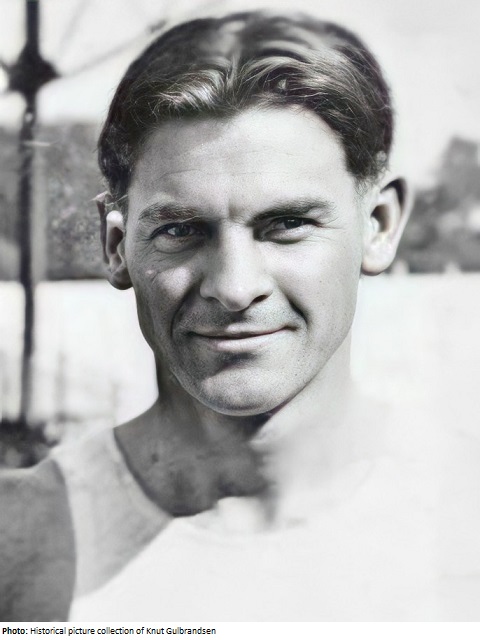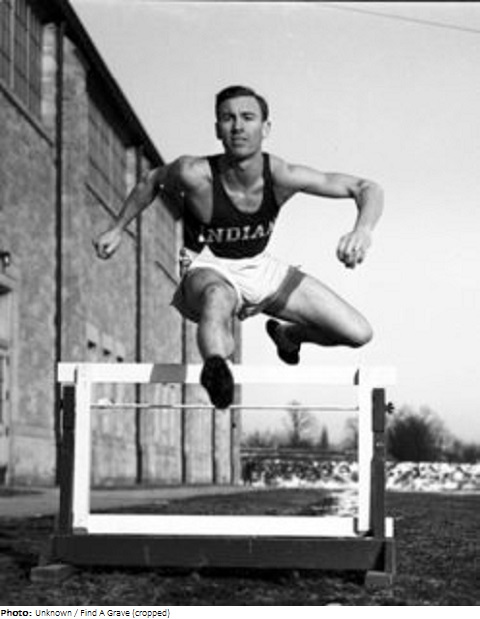…that we can’t turn away?
Give me an opening, and I’ll share everything I know about the Olympic Games. Even in the off years when only the athletes are paying attention, I will follow the updates on the host city’s preparation or watch previous competitions on the Olympic Channel. So when the Opening Ceremony begins and the city, its culture, and its people take center stage, I get excited to see others jump on the bandwagon and cheer for this moment.
This time, the moment felt bigger and more inclusive than ever before. Half the athletes are competing in women’s sports. 205 delegations have fielded at least one athlete to compete. An American rap artist has become the hype-man for the Games.
Paris 2024 landed differently, yet the traditions and commonalities among each Olympiad’s stories and contests somehow connect it with the games of the past. We still watched the Parade of Nations, as excited and rain-soaked athletes floated down the Seine. We still saw culture and art on display, some of it recreated as a backdrop or played out on a makeshift stage. We still witnessed icons of the past and present carry a torch from Greece to Paris, conveniently ignoring how Hitler’s team of propagandists created this spectacle in 1936, to watch it light a cauldron that floated into the sky.
That’s exactly what I love most about the Olympics. The Games evolve but they also remain the same.

One hundred years ago, my great-uncle boarded the S.S. America and sailed across the Atlantic to compete in the 4x400M relay. His family, living on a farm in southern Mississippi, knew little about what Commodore Cochran was doing or what it would mean. Even the news of winning gold took its time getting back to his hometown.
Today, we can turn to social media, news outlets, and NBC to watch athletes-turned-celebrities wow us with flips and tumbles we’ve never seen before, compel us off our couches to see who touched the wall first, and impress us while they knit in the stands and dodge tidal waves in the sea.
Maybe it’s the fact we have to wait four years to reignite Pierre de Coubertin’s dream again. Or maybe it’s the possibility some underdog from an unknown corner of the world will capture our hearts. Or maybe it’s the probability that we’ll get to watch history unfold as another record is broken. Certainly there’s something that keeps us invested and interested in what happens at the Olympics.

My grandfather Roy Cochran, twenty-four years after his oldest brother, sailed across the Atlantic in a ship of the same name, headed toward London this time. War had spoiled his dreams in 1940 and 1944, and age had almost guaranteed he would not qualify. Yet, he did. He also won gold in the same event as his brother. I have seen some video of his races, yet they stop right after he crosses the finish line or passes the baton, and I have to imagine how he must have reacted achieving his ultimate goal, winning for himself and for his team.
That explains why I keep watching the Olympics–because I assume his smile, his body language, and his triumph looked almost the same as what I’ll see over the next two weeks. For everyone else, my guess is they watch for similar reasons–to remind them that the surprise of change also reminds us of what has stayed the same.
